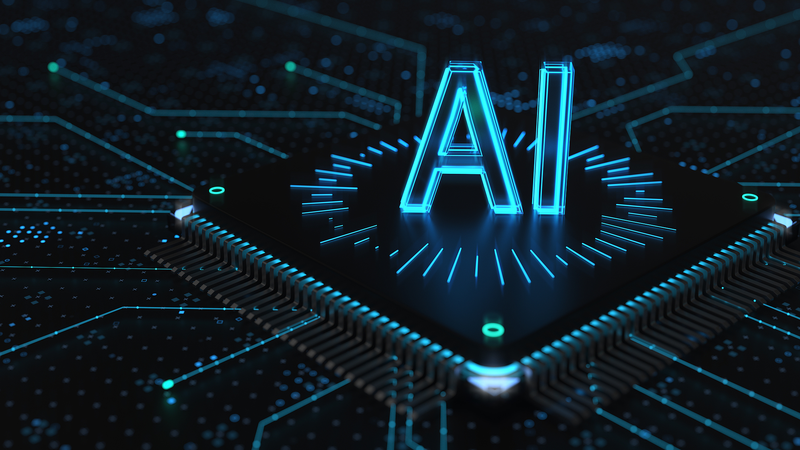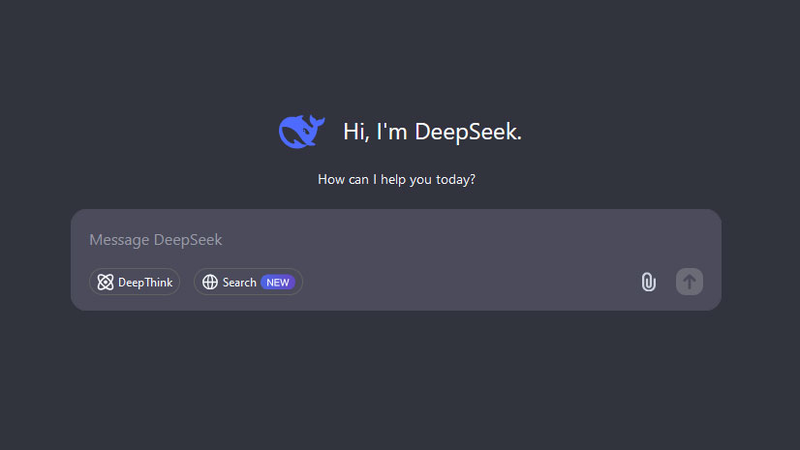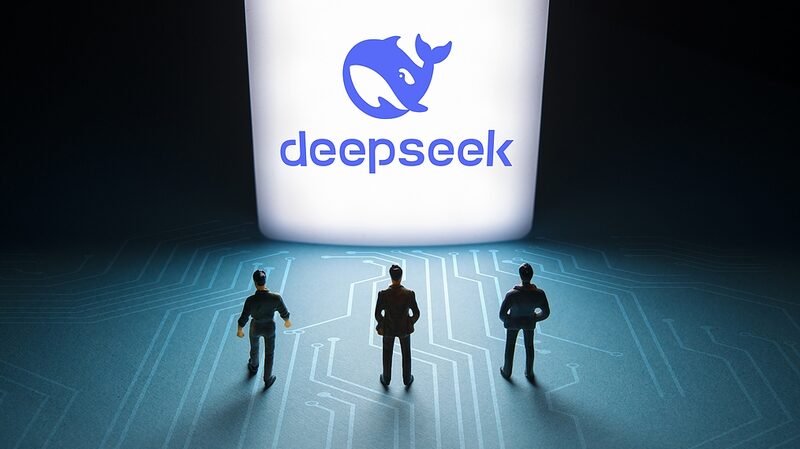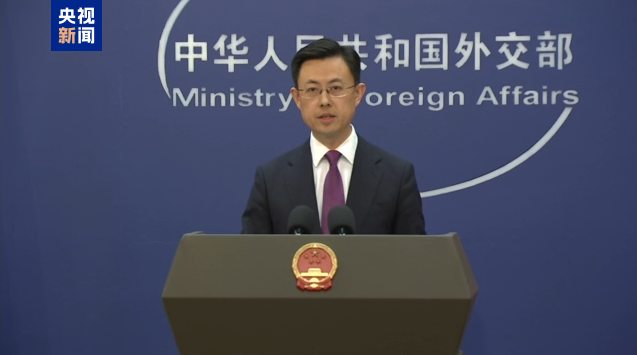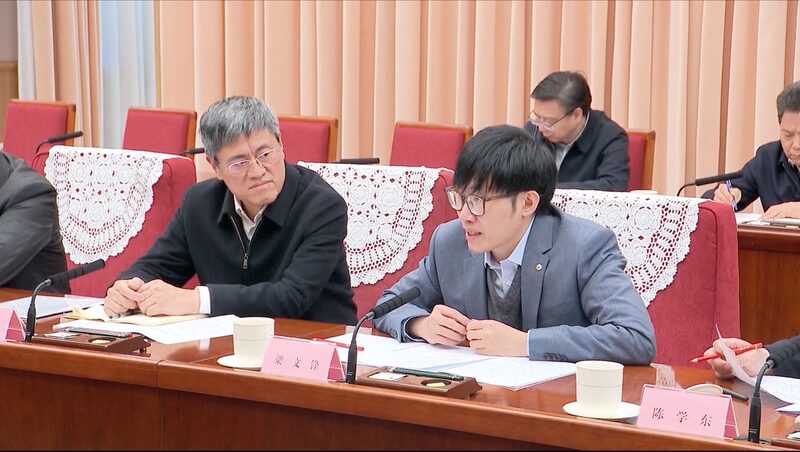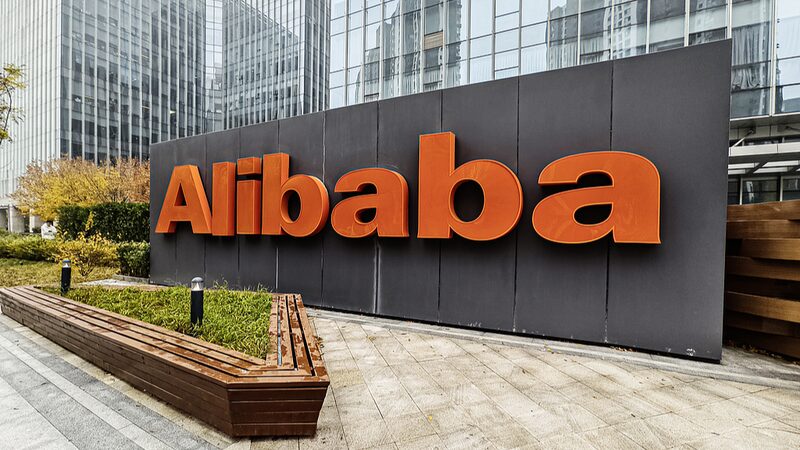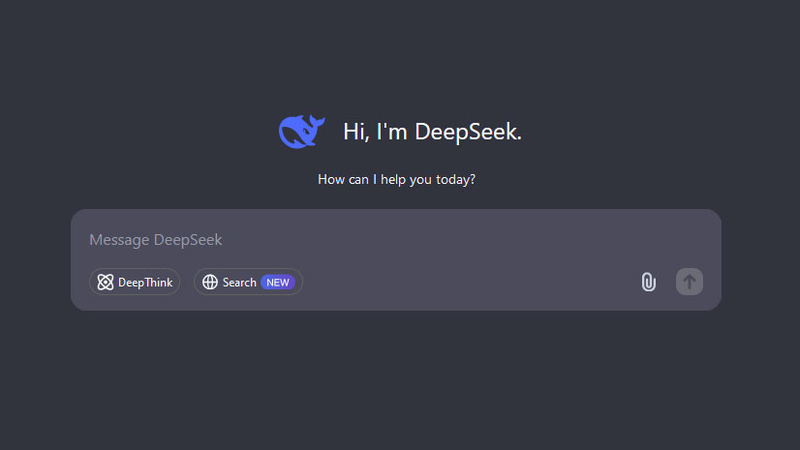As global competition in artificial intelligence intensifies, recent debates about China's technological advancements reveal deeper tensions between innovation narratives and geopolitical posturing. The rise of DeepSeek – China's flagship large language model – has become a litmus test for how technological progress is framed in 2025.
The Accusation Playbook
Earlier this year, OpenAI's January statement alleging unspecified Chinese 'model distillation' attempts sparked renewed claims of intellectual property theft. Former White House AI advisor David Sacks amplified these concerns, telling media outlets that while Chinese models like DeepSeek demonstrate technical competence, they ultimately represent strategic competition requiring containment.
Decoding 'Model Distillation'
At the heart of these claims lies a common AI optimization technique used globally. Industry leaders from Google to Meta employ model distillation to enhance efficiency – a fact conspicuously absent from politicized discussions. As Georgetown analysts noted this November, U.S. chip export restrictions have ironically accelerated Chinese innovation in computing power optimization, creating unique solutions now studied worldwide.
By the Numbers
The Stanford AI Index 2025 reveals the Chinese mainland's growing research footprint: 23.2% of global AI papers originate from its institutions, with citation impact matching Western counterparts. Patent approvals tell a similar story of systematic investment rather than shortcut-driven growth.
The Human Factor
Behind these statistics lies a decade-long talent cultivation strategy. 'What we're seeing in 2025 is the harvest of seeds planted through China's 2017 Next Generation AI Development Plan,' notes MIT Technology Review analyst Karen Hao. From specialized university programs to public-private research hubs, this ecosystem now produces world-class computer vision systems and natural language processors.
Pathways Forward
As AI becomes increasingly entwined with national security debates, 2025's challenge lies in separating technical merit from political theater. While competitive friction remains inevitable, the global research community continues advocating for open evaluation frameworks. 'Breakthroughs deserve analysis through code comparisons and benchmark testing, not geopolitical allegories,' stresses AI Now Institute director Sarah Myers West.
Reference(s):
Innovation or 'theft'? Rethinking the narrative on China's AI progress
cgtn.com
